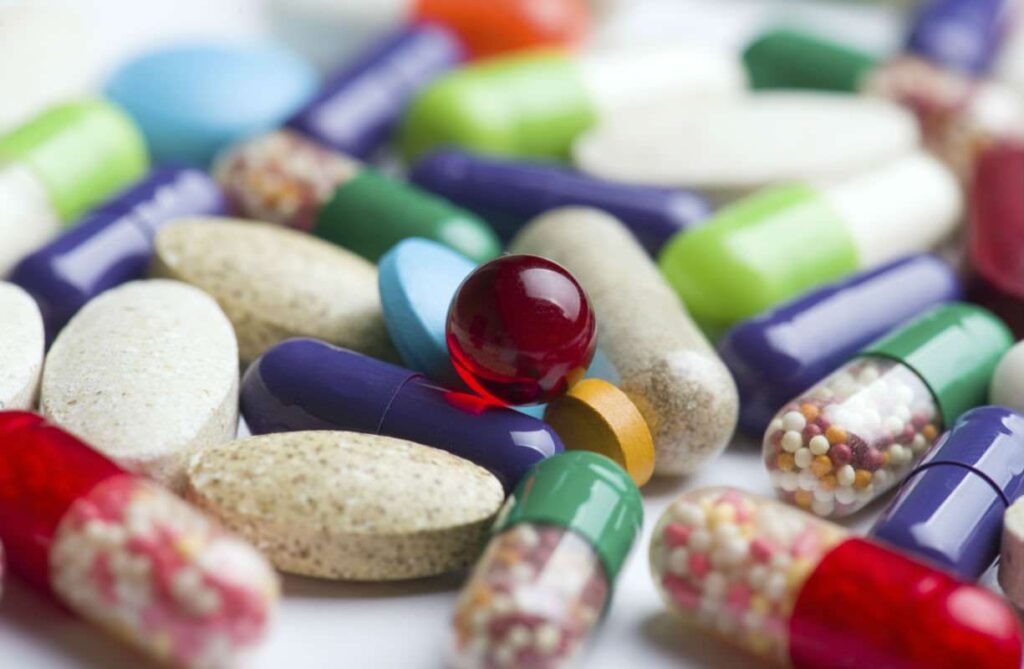When a new brand drug is launched on the market, it is protected by a patent for a few years. This is done to protect the pharmaceutical company that produced it and for years has borne research and experimentation costs. At the end of the relative period (generally 20 years), the patent will not be renewable by the company and the drug can be freely reproduced by anyone and placed on the market at a lower price than that of the original drug.
I generic drugs, also defined as equivalent, are nothing more than medicines that have the same active ingredient, pharmaceutical form, dosage and route of administration as the branded ones.
With the patent on the one hand and the possibility, on the other hand, at the expiry of the envisaged period to recognize all other pharmaceutical companies the possibility of producing the same drug and selling it at a more accessible price, the aim was to reconcile the economic interest of the large pharmaceutical companies with the protection of health, an important right recognized to citizens also at the constitutional level.
But let's find out more about generic drugs: how they are born, what difference and if there is a difference compared to branded drugs and what obligation pharmacists are subjected to.
Generic drugs: how they are born, what is the difference compared to branded drugs and the role of the pharmacy
Once the period in which a drug, produced by a well-known pharmaceutical company, is protected by a patent, anyone who is interested can, after having requested and obtained authorization from the Ministry of Health, market the equivalent or generic drug.
It is good to specify that in Italy the term of duration of patents is in some cases much longer (38 years) than that envisaged by the European Union, which never exceeds 20 years.
From a pharmacological and efficacy point of view there is no difference between the brand name drug and the equivalent. A difference, on the other hand, can be found from an economic point of view as the latter have a price of 20% lower.
This has led many pharmaceutical companies producing branded drugs to lower their price to avoid losing important market shares. Unfortunately in Italy the culture of generic drugs is still not very widespread as there is a certain prejudice towards them.
There is a tendency to consider them a sub-brand of poor quality and especially among the elderly there is the habit of preferring the branded drug with the box to which they have always been accustomed.
In pharmacies, precisely from this point of view, there is a tendency to provide health information, to promote a greater culture of generic drugs by explaining their effectiveness to customers and thus allowing them to save without any harm to their health.
Generic drugs: the obligations of the pharmacy
Assuming that all pharmacists are required by law to inform customers of the possibility of replacing the branded drug with the generic one, in the event that the latter is on the market, it is good to remember that in the pharmacy you can find any type of equivalent drug: from the over-the-counter drug (which can be purchased without a prescription) to the prescription drug (which can only be purchased on prescription).
Obviously, you can also take advantage of the tax deduction for generic drugs.
After the information obligation fulfilled by the pharmacist, it is up to the citizen to choose in total freedom which drug to buy, in full awareness, however, that there is no difference between equivalent and brand-name drugs except a certain saving in economic terms.

